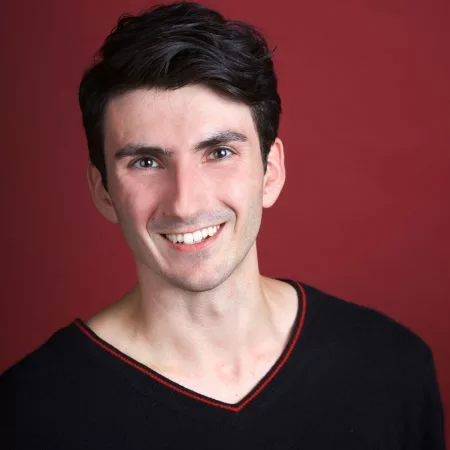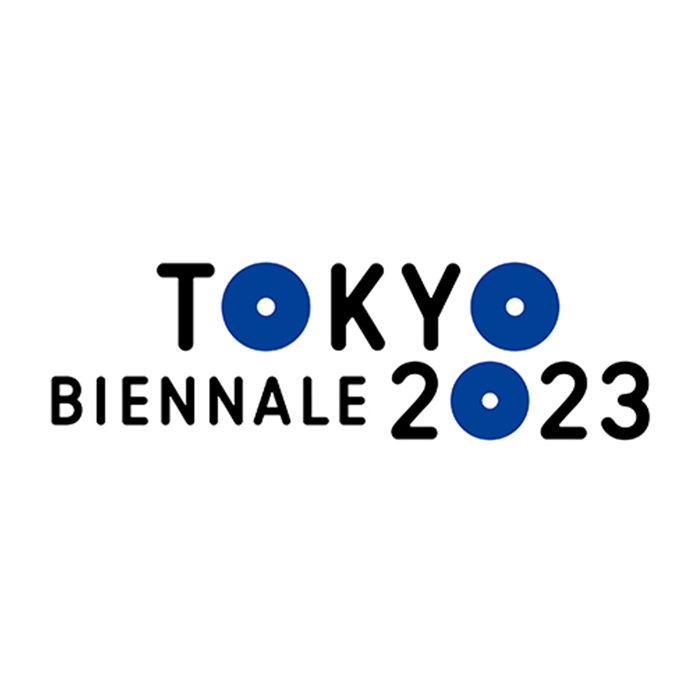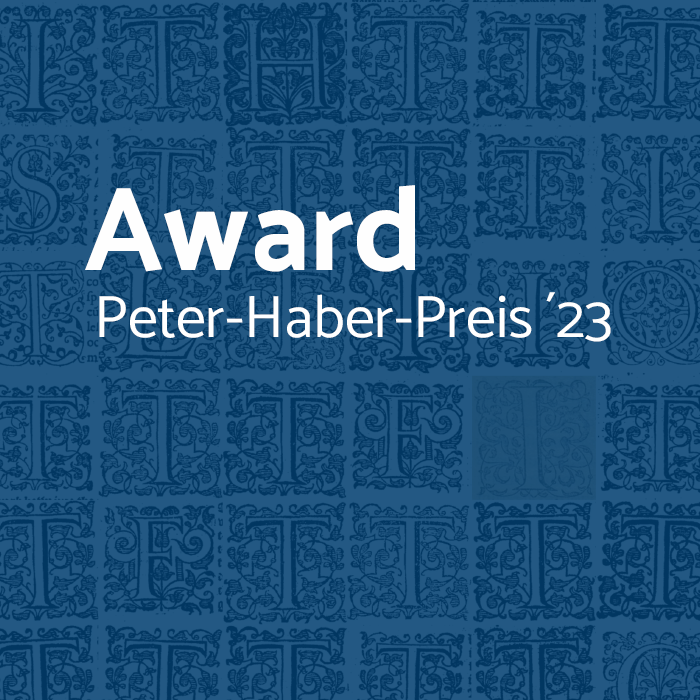
Dr. Oliver Eberle
Postdoctoral Researcher
Oliver Eberle is a postdoctoral researcher working in the Machine Learning Group at Technische Universität Berlin. He received a Joint M.Sc. in Computational Neuroscience from TU/HU Berlin in 2017 and a Ph.D. degree in Machine Learning from TU Berlin in 2022.
His research focuses on explainable Artificial Intelligence (XA), Natural Language Processing, and applications to the Digital Humanities and Cognitive Science. Together with colleagues, he has worked on developing XAI methods for complex model structures, especially transformer architectures and higher-order explanations for similarity models and graph neural networks.
- Explainable AI
- Deep Learning
- Natural Language Processing
- Digital Humanities
Lorenz Linhardt, Tom Neuhäuser, Lenka Tětková, Oliver Eberle
Cat, Rat, Meow: On the Alignment of Language Model and Human Term-Similarity Judgments
Oliver Eberle, Jochen Büttner, Hassan el-Hajj, Grégoire Montavon, Klaus-Robert Müller, Matteo Valleriani
Historical insights at scale: A corpus-wide machine learning analysis of early modern astronomic tables
Stephanie Brandl, Oliver Eberle
Comparing zero-shot self-explanations with human rationales in multilingual text classification
Farnoush Rezaei Jafari, Grégoire Montavon, Klaus-Robert Müller, Oliver Eberle
MambaLRP: Explaining Selective State Space Sequence Models
Julius Hense, Mina Jamshidi Idaji, Oliver Eberle, Thomas Schnake, Jonas Dippel, Laure Ciernik, Oliver Buchstab, Andreas Mock, Frederick Klauschen, Klaus-Robert Müller
xMIL: Insightful Explanations for Multiple Instance Learning in Histopathology

Expert Opinions on the Recent Success of DeepSeek
Experts from BIFOLD and TU Berlin on the difference between open source applications such as DeepSeek and other LLMs, and Europe's role in the development of artificial intelligence (AI).

Explainable AI illuminates the course of history
Understanding the evolution and dissemination of human knowledge over time is a long-cherished dream of many historians. A dream that faced many challenges due to the abundance of historical materials and limited specialist resources. However, the digitization of many historical archives presents new opportunities for AI-supported analysis.

CORALS at Tokyo Biennale 2023
CORALS is a kinetic sound sculpture by the Italian media artist Marco Barotti. The installation was created as part of the BIFOLD Artist in Residence Program and is now being exhibited at one of the largest art fairs in Asia.

Peter-Haber-Preis for AI in historical sciences
Bachelor student Anika Merklein's award-winning poster uses AI to unveil secrets of early printing.

